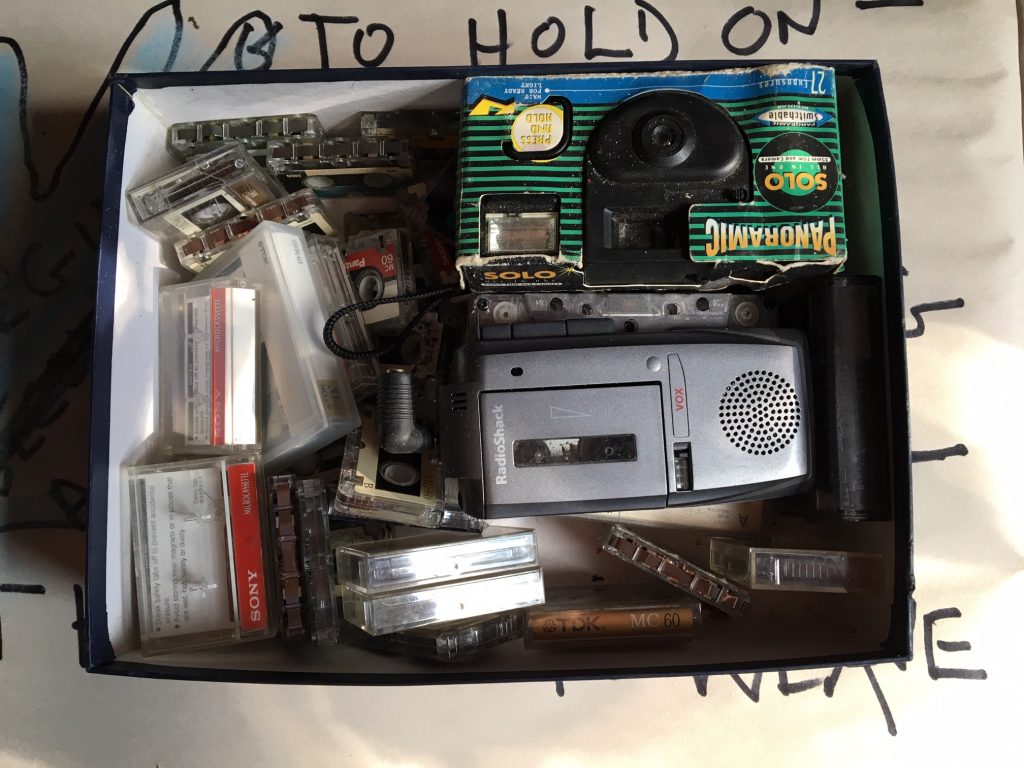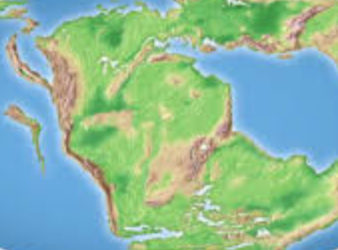
I awoke this morning with a strong desire–as I do most–a pryapic desire–which in the hierarchy of somewhat involuntary ones ranks close to those that form in the predawn hours of the “quickening,” or The Elixir, favored by yogis in some schools to meditate in, the veil being then most thin–yet in this case directed toward writing on my experience on that day now outside time called “Nine-Eleven,” or “9-11”–which in an ironic and perhaps swervy associative twist I link with Kurt Vonnegut’s “Ice Nine” from his novel Cat’s Cradle–I guess in part derived from the “nine” and then (transposed) the “I” in “Ice,” which grapholectically is like our “one”–as though from “I/1” letters and numbers light in different directions and almost seem to lead to different dimensions–and then my sense that letters and numbers constitute the battle–perhaps coming soon to another head–in which we have been engaged since Descartes, say, though the battle lines arguably may’ve been knitting for some time prior and traced to the beginnings of literacy to enumerating cattle, which in no small part we have been chopping and slicing and bundling–and monetizing, or “monitoring” (same derivation from the Roman god Juno surname)–ever since. Where the run of I and 1 go–which ultimately is zero, since it is always now–may be cauterized as the distinctions between “eternity” and “infinity,” the nuances of which puzzle me.
Underlying in part my desire falls to the fact I have a tape recording of that day I made on a hand-held cassette device when I joined a group going in to help rescue people and came at one point within two blocks of the World Trade Center hours after the towers collapsed. That tape is in this box with this slew of other mini-cassettes above, and I’ve wanted an occasion on which to find it, which I’ll do at the end of this exercise and play if it’s survived eighteen years of alternating heat and cold in attics, basements and other dungeons of the incontinuous present–with “incontinuous” in the sense of its use in this paragraph from Robert Louis Stevenson’s Across the Plains: with other Memories and Essays:
“I do not say that these revolutions are likely; only no man can deny that they are possible; and the past, on the other baud, is, lost for ever: our old days and deeds, our old selves, too, and the very world in which these scenes were acted, all brought down to the same faint residuum as a last night’s dream, to some incontinuous images, and an echo in the chambers of the brain.”
“(C)hambers of the brain” is overblown–though the World Trade Towers were on it–Chambers Street– and the great Century 21 clothing store below them crossing against traffic to look up hanging these towering silences gulls flew among.

